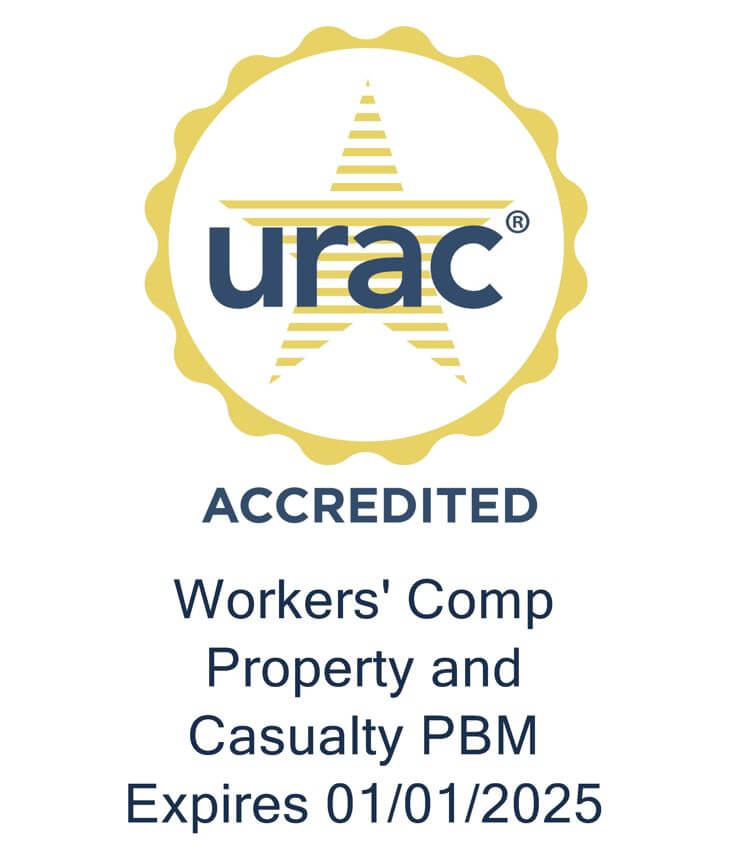By Healthesystems
Economic stability, or the lack thereof, can have a significant impact on a person’s health. And when health problems stemming from economic instability accumulate, they can impact the lives of workers’ comp patients, further complicating their course of care. To best assist patients, it is of benefit to understand the impact economic instability can have on patients’ lives, care, and health.
Here are 4 ways economic stability can impact workers’ comp claims:
#1. Employment Status
Employment status is directly tied to one’s overall health. First and foremost, unemployed individuals often have less access to healthcare. Health concerns that fall outside of workers’ comp may not receive necessary attention, as individuals in need of help lack the insurance and/or finances to pay for medical care.
Second, unemployment can contribute to negative mental health impacts. Individuals lacking structure, a routine, sense of purpose or identity may develop feelings of worthlessness. These emotions can be made worse when combined with financial anxieties and can contribute to depression or other mental health concerns. Even light duty work has been demonstrated to contribute to more positive workers’ comp outcomes.
#2. Poverty
Poverty can affect health by limiting access to proper nutrition and healthy foods, adequate shelter, safe neighborhoods with clean air and water, and other elements that define an individual’s standard of living. Individuals who live in low-income or high-poverty neighborhoods are likely to experience poor health due to a combination of these factors.
The ongoing or severe financial stress that comes with poverty can cause sleeplessness and fatigue, anxiety and depression, headaches, a weakened immune system, high blood pressure and blood sugar, and tense muscles. These health concerns can negatively impact both the risk for injury and the ability to recover from injury. Additionally, poverty not only contributes to various health problems, but limits one’s ability to manage those health problems, as individuals often cannot afford healthcare. Delaying necessary care creates significant health concerns over time.
#3. Housing Stability
An inability to afford adequate housing can have serious health effects. Poor quality housing is associated with various negative health outcomes, including chronic disease, injury, and poor mental health. Low-quality housing may also include concerns that directly impact well-being, such as the presence of lead, the presence of asbestos, water leaks, poor ventilation, pest infestation, poor insulation, and poor maintenance or construction.
In addition to the quality of one’s home itself, the neighborhood or location of one’s home can also impact health. For example, living in a food desert with little access to fresh produce but high access to fast food can lead to unhealthy diets, obesity, high blood pressure, diabetes, and heart disease.
#4. Food Security
The inability to access healthy food – known as food insecurity – is an issue that plagues many Americans. Food insecurity impacts 11% of the population, but that may rise as the cost of groceries increased 12% from 2021-2022.
It is an unfortunate truth that many would prefer to consume healthier foods but simply cannot afford to do so. Research has shown that the price difference in healthy and unhealthy foods is a significant cause of poor diet in a large proportion of the U.S. population. When individuals can only afford or access unhealthy food, they are at a significantly higher likelihood to develop chronic conditions that can lead to more complex workers’ comp claims, as claims with comorbidities require additional care, medications, and costs.
To learn more about the role of economic stability on health outcomes, read the Rxinformer article, Hard Times: How Economic Stability Can Impact Injured Worker Outcomes.






